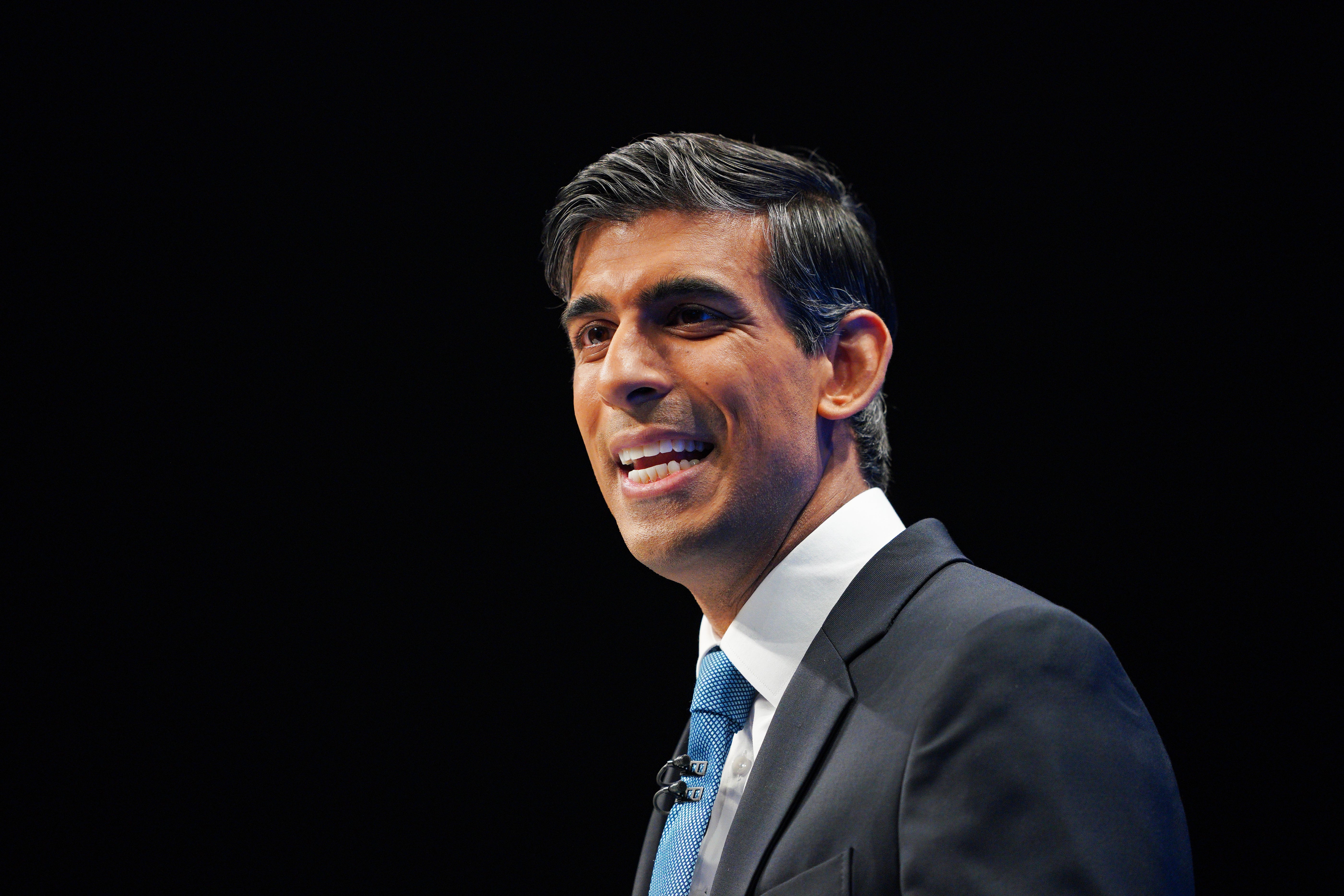Budget 2021: Tax, childcare and what else to expect
Fiscal prudence could prove politically expensive if there’s nothing to support struggling businesses and families, writes Anna Isaac


Rishi Sunak has been a chancellor defined by crisis. Now he must show what an economy taken off life support will look like in next week’s Budget.
Much of his hand has already been revealed. The net zero strategy and the Treasury’s accompanying report show where most of the so-called “new money” will be headed when he takes to his feet in the commons on Wednesday. The plans amount to a £26bn government investment in a “green industrial revolution” and will support 190,000 jobs by 2025, and 440,000 by 2030, according to government ministers.
Net zero will be extremely tough on the public finances unless there is a shift in the way goods and services at taxed in the economy, a separate Treasury analysis found. It was full of signals that showed a negative view of increasing public borrowing, too.
Phasing road taxes on petrol and diesel cars could leave a £37bn black hole in the Budget unless “new sources” are found it said. Going green will mean a “significant and permanent fiscal pressure” on the UK’s finances.
Simply, the message was: net zero is a good reason for no net giveaways on at the Budget. “We’ve had our whack,” an official at the business department told The Independent.
It also follows a decision to quell the risk of Tory backbench rebellion by rushing through a rise in national insurance contributions ahead of the Conservative Party conference.
Treasury insiders are playing down traditional expectations for major rabbits pulled from hats. There will be no grand reform of business rates, they say. Nor will there be a clear pathway for shifting the health and social care levy towards social care, the move that is meant to occur after an initial drive to ease NHS backlogs in the wake of the pandemic.
There might be some new funds for childcare, but a person familiar with Family Hubs administration at the Department for Education said they do not expect a “game-changing” sum.
There has been one major change for Sunak since the summer, however. The public finances have improved more than expected. Public borrowing is £43.5bn below spending watchdog the Office for Budget Responsibility’s (OBR) prediction at the March Budget, but that calculation is based on the most recent data, not that which the OBR will use.
The chancellor seems to have his sights set on the next election, and wriggle room then, rather than giveaways now. He locked in figures that paint a less positive picture of the public finances, in a request to have an early cut-off date for OBR calculations in September. This decision was reported first by the Financial Times and provoked a fierce debate about whether the independence of the OBR was undermined by agreeing to the deadline, which excludes data five weeks out from the Budget on Wednesday.
“As soon as they are published, the forecasts are going to be out of date,” Andrew Goodwin, chief UK economist at Oxford Economics told The Independent. “It does mean that we’re almost looking forward to the next fiscal set piece already.”
The most important figure to watch out for will be what level of scarring, the amount of lost growth potential, the OBR expects because of the pandemic, Goodwin explains. This is the real test of the long-term fiscal position Sunak will face. The latest figures suggest there will be a Budget surplus by mid-decade, possibly more than £40bn.
But aside from suggestions this was a naughty use of numbers, the announcement of new fiscal rules is likely to be used to justify tight spending in the short term. These will look a lot like the old fiscal rules that were suspended because of the pandemic, economists expect, if a little tighter. They will amount to getting the current Budget into balance by 2023-24 and limiting investment to around 3 per cent of GDP.
A decision, as expected, not to turn on the fiscal taps will be controversial, however, if the economic outlook darkens.
“There is a concern among businesses at the moment that there does seem to be a degree of complacency among ministers about the underlying strength of the recovery,” said Suren Thiru, head of economics at the British Chambers of Commerce (BCC). “There’s an ongoing squeeze on input costs as well as higher taxes.”
Global supply chain disruptions, labour shortages in stressed sectors, higher national insurance contributions and a trailed increase in the minimum wage, which is expected to rise by 5.7 per cent to £9.42 per hour, are all putting extra strain on businesses with depleted cash reserves, run down during the pandemic.
Business rates, a tax on bricks-and-mortar firms, normally go up in step with inflation, the Consumer Price Index, and takes a snapshot of that measure from September. That would mean a rise of more than 3 per cent next year. The government was meant to publish a review of the tax, which business groups have campaigned for years to reform, this summer. That was delayed until and indefinite date in the autumn. “It’d be concerning for business if this gets kicked down the road further, Thiru said.
The BCC is also pushing for greater investment in the National Skills Fund to ensure older workers are not left behind by policies which favour younger workers. A gap noted by the IFS, too.
The pain of tax rises will weigh on firms they try to keep staff pay in line with rising prices, too. If, as the Bank of England chief economist suggested on Thursday, inflation reaches 5 per cent, underlying pay growth would have to rise considerably to keep up. And unfreezing public sector pay alone – another expected move - will not ease pressure on private sector workers.
The chancellor therefore risks over-playing his efforts to be regarded as fiscally prudent if he fails to recognise the pressures facing families and their employers, economists warn.
“The decisions the Rishi Sunak will take next Wednesday will help to define the rest of the parliament, and the type of chancellor he’ll be remembered as.” said James Smith, research director at the Resolution Foundation said ahead of the think tank’s pre-Budget report. “But amid such long-term and legacy-defining announcements, he must not forget the cost-of-living crunch facing families up and down the country right now.”
Join our commenting forum
Join thought-provoking conversations, follow other Independent readers and see their replies
Comments